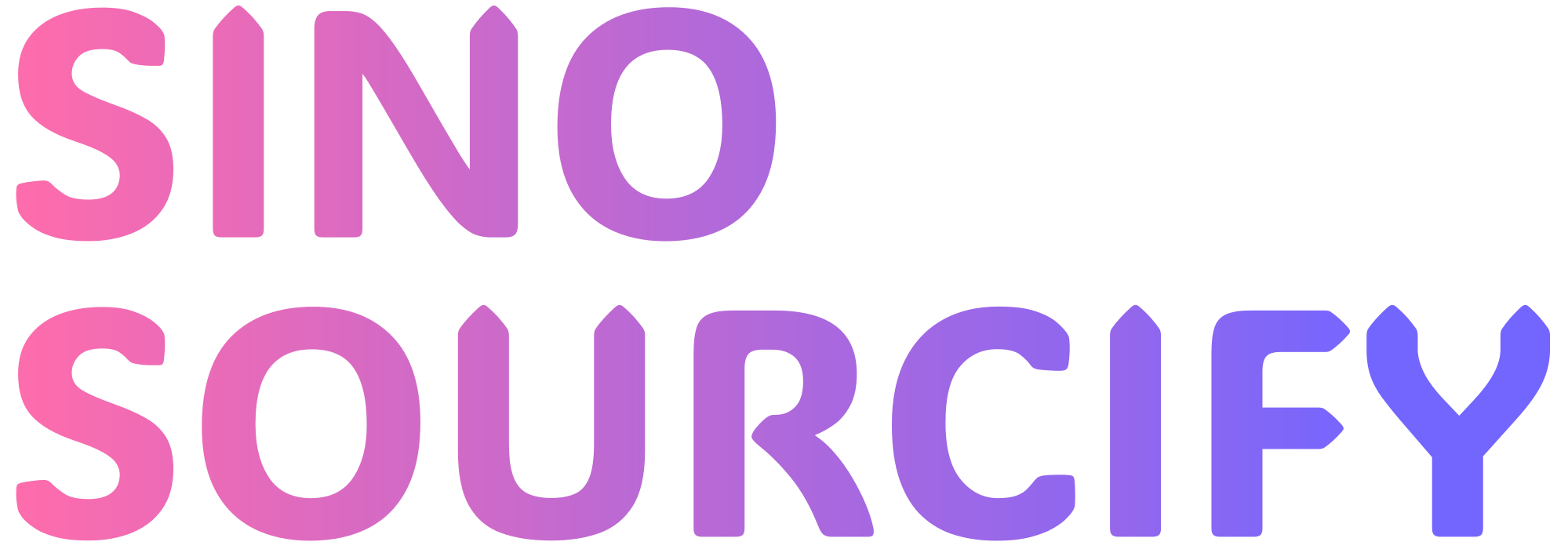The COVID-19 pandemic disrupted global supply chains in unprecedented ways, forcing businesses to rethink their procurement strategies. As we move into a post-pandemic era, procurement professionals are adapting to new challenges and opportunities. This article explores the key trends shaping procurement today and how organizations can build resilient, agile supply chains for the future.
The New Normal in Procurement
Post-pandemic procurement has evolved beyond cost savings to prioritize resilience and flexibility. Companies are now focusing on:
- Diversified supplier networks
- Enhanced risk management
- Digital transformation
- Sustainability initiatives
Digital Transformation Accelerates
The pandemic accelerated adoption of digital tools in procurement. Platforms like Long have become essential for:
- Automating routine processes
- Improving spend visibility
- Enabling data-driven decision making
Building Supply Chain Resilience
Resilience has become the cornerstone of post-pandemic procurement strategies. Key approaches include:
Supplier Diversification
Companies are moving away from single-source dependencies, creating multi-tiered supplier networks across different regions.
Inventory Optimization
The just-in-time model is being reevaluated in favor of strategic stockpiling for critical components.
Sustainability Takes Center Stage
Environmental, social and governance (ESG) factors are now integral to procurement decisions. Organizations are:
- Implementing green procurement policies
- Prioritizing ethical sourcing
- Tracking supplier sustainability performance
The Role of Technology
Advanced technologies are transforming procurement functions:
- AI-powered spend analytics
- Blockchain for supply chain transparency
- Predictive analytics for risk assessment
Platforms like Long are at the forefront of this digital revolution, offering comprehensive solutions for modern procurement challenges.
Looking Ahead
The post-pandemic procurement landscape continues to evolve. Organizations that embrace digital transformation, prioritize resilience, and integrate sustainability will be best positioned for success in this new era.




